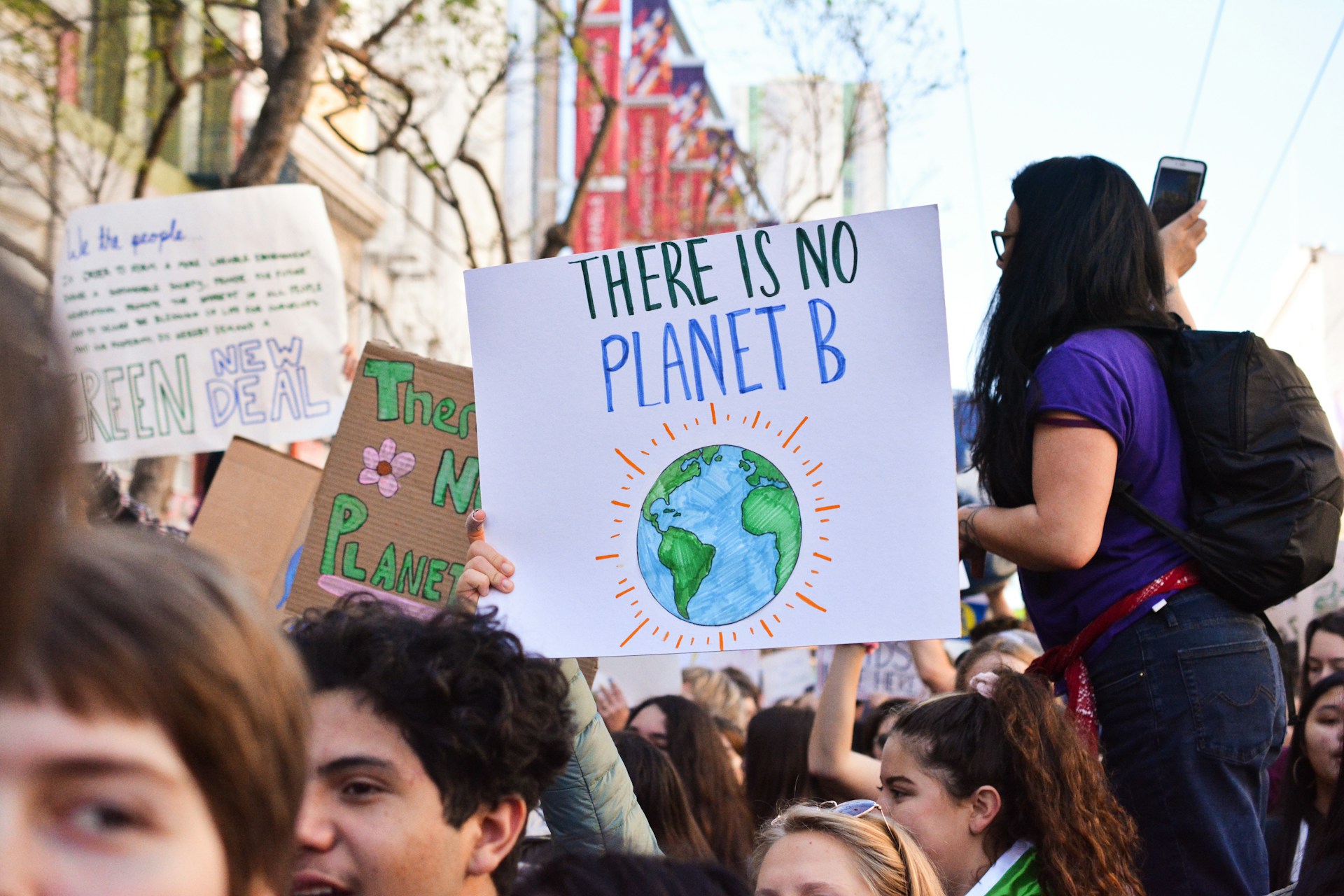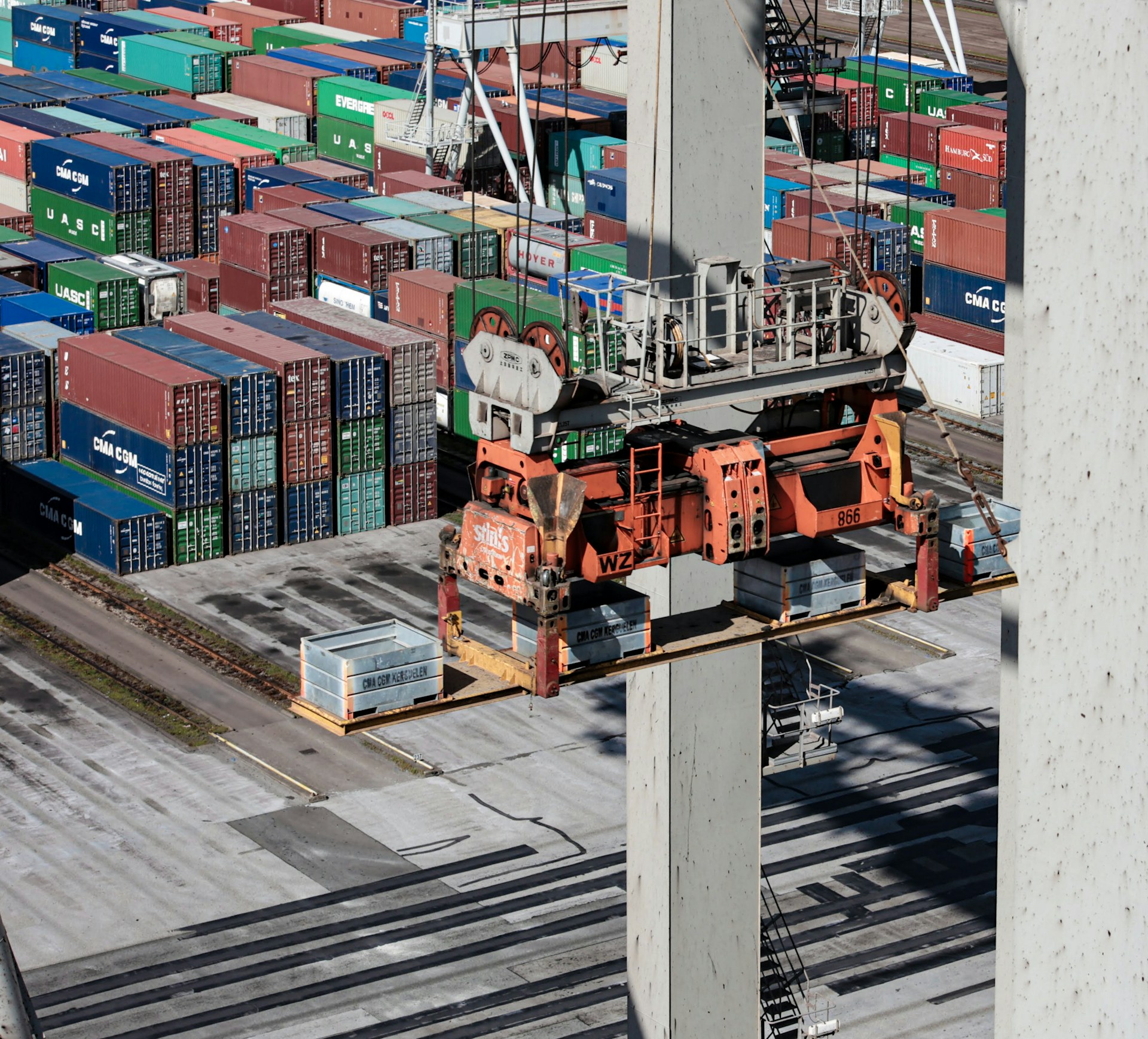Artificial Intelligence for Sustainability
One significant benefit of artificial intelligence systems is the ability to help improve sustainable practices across many different fields. In many fields AI can help improve efficiency of operations, decrease cost of production, monitor important variables, and help solve challenging problems. The three main aspects of AI helping sustainability that this website will explore are through resource management, climate monitoring and the supply chain.
Artificial Intelligence can help resource management by predicting resource needs for a project, and assigning tools and resources in the most efficient ways possible. AI may help climate monitoring by noticing important changes within the environment. Explore the following to learn more about how AI can help the enviroment.


